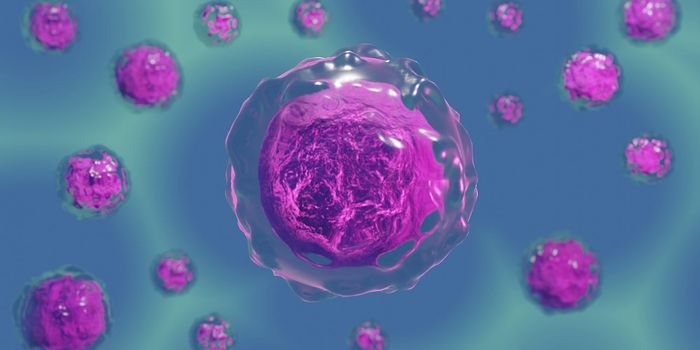Renal Cell Cancer Treatment Regimen for Patients After Immunotherapy
Renal cell carcinoma (RCC), also known as kidney cancer, forms in the tubules of the kidney, the part of the organ that removes waste from the blood and generates urine. Many RCC patients receive immune checkpoint inhibitors (ICIs), including programmed death-1 (PD-1) blockers (pembrolizumab and nivolumab), sometimes in combination with other therapies as first-line treatment. However, many patients relapse or fail to respond to ICI interventions.
The high degree of ICI failure among RCC patients presents an immediate need to seek additional therapeutic strategies demonstrating both safety and efficacy in patients previously treated with immunotherapy. A team of researchers recently tested one such therapeutic regimen and published the results of their study in The Lancet Oncology.
The study (NCT03634540), which remains ongoing, investigates a combination of two drugs: belzutifan and cabozantinib. Belzutifan inhibits a protein called HIF-2α which helps cells function under low oxygen conditions, known as hypoxia. Cabozantinib, a tyrosine kinase inhibitor (TKI), blocks enzymes required for cancer cells to grow and survive. Importantly, cabozantinib represents a “multitarget” TKI as it inhibits several tyrosine kinases, including VEGFR, c-MET, and AXL. The study investigated the safety and efficacy of belzutifan and cabozantinib in RCC patients previously treated with ICIs.
The phase 2 multicenter study enrolled patients from 10 hospitals throughout the United States. Patients had locally advanced or metastatic clear cell RCC and had previously received immunotherapy and up to two systemic treatments. Patients received belzutifan and cabozantinib orally daily until their disease progressed or they experienced severe toxicity.
The study enrolled 52 patients who had a median age of 63 years. The cohort demographics skewed toward White (98%) and male (73%). For the data presented in the current publication, the researchers followed participants for a median of 24.6 months. During this time, 16 patients achieved an objective response, including one complete response and 15 partial responses.
The researchers identified adverse events associated with belzutifan and cabozantinib treatment. The most common grade 3 – 4 treatment-related adverse event reported was hypertension, occurring in 27% of the patients. Additionally, 29% of the patients experienced serious treatment-related adverse events, and investigators attributed one patient’s death to the treatment regimen.
The authors indicate that the study remains ongoing with active recruitment of participants without prior treatment. Forthcoming data from this treatment-naïve cohort could determine if the adverse events observed in the current study are related to previous ICI treatment.
Sources: NEJM (Motzer), NEJM (Choueiri), Cancer Cell Int, Lancet Oncol









